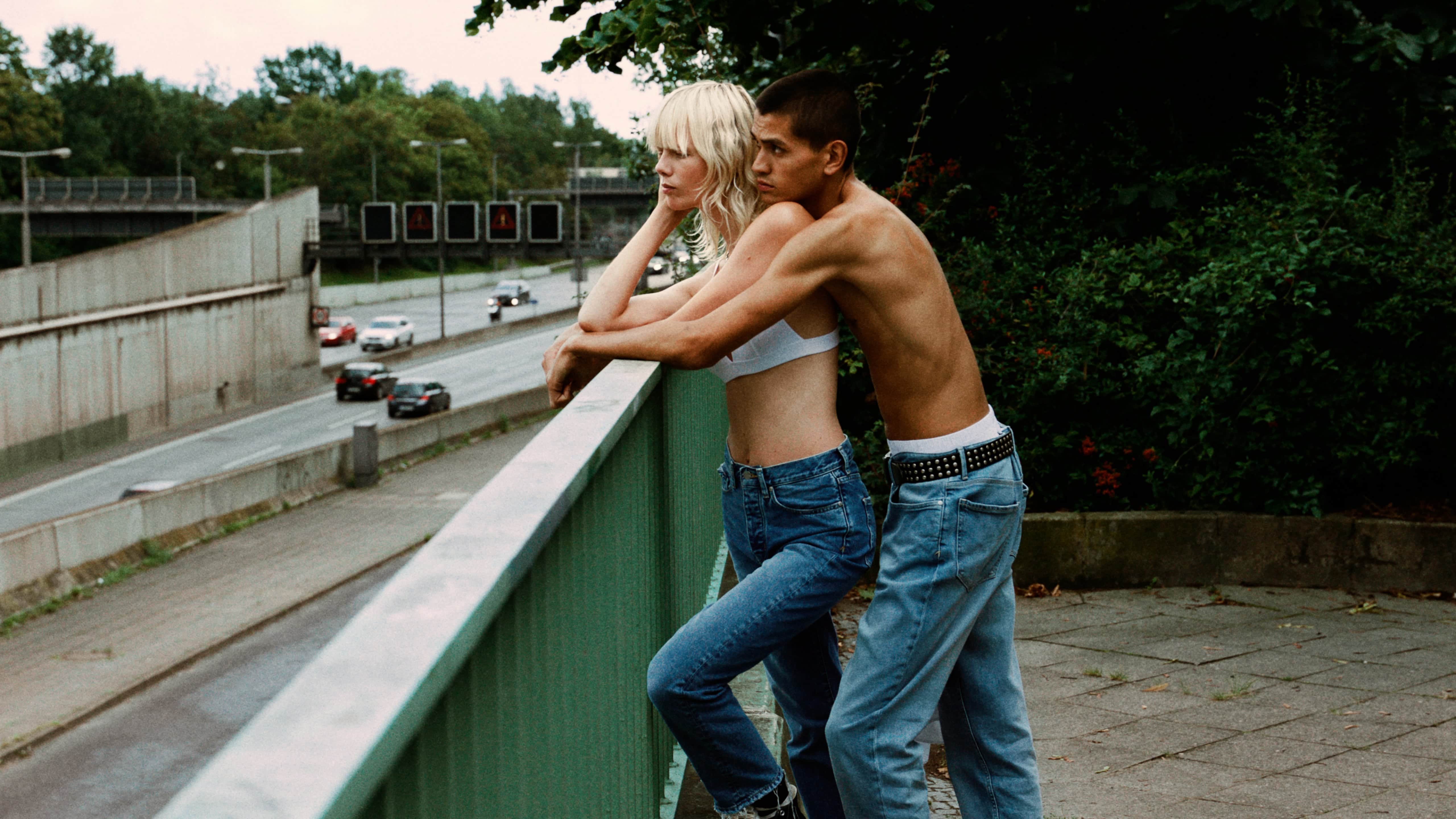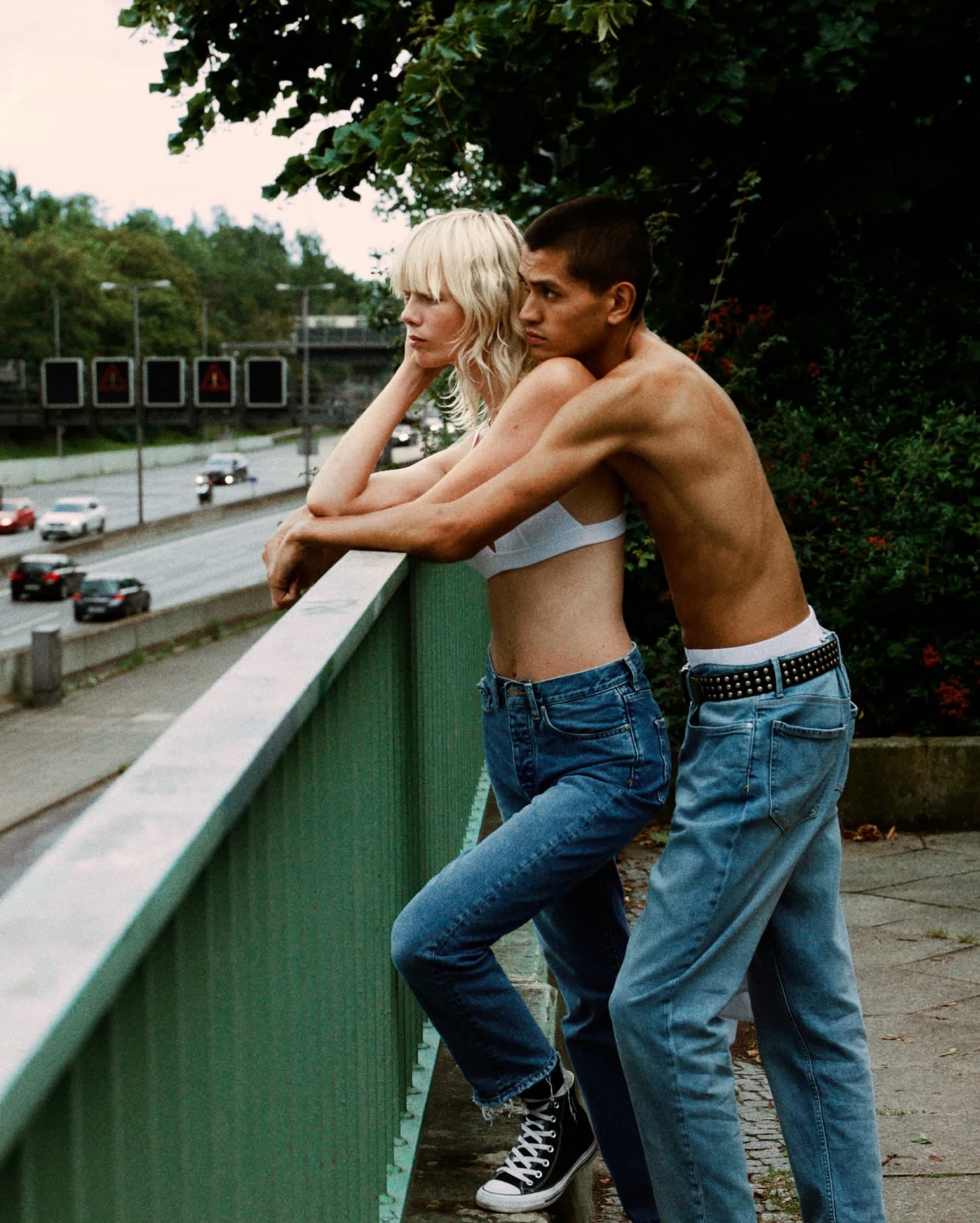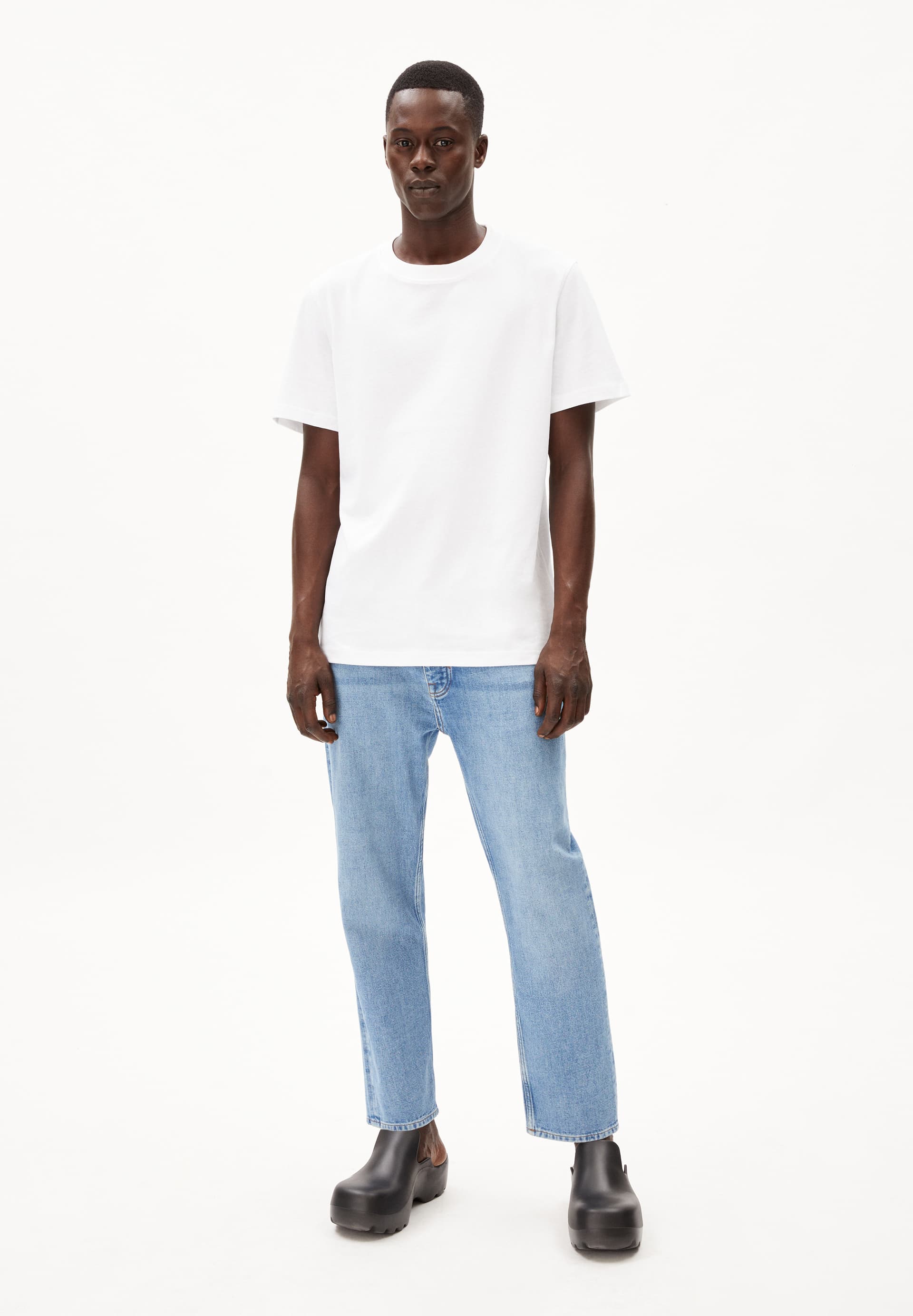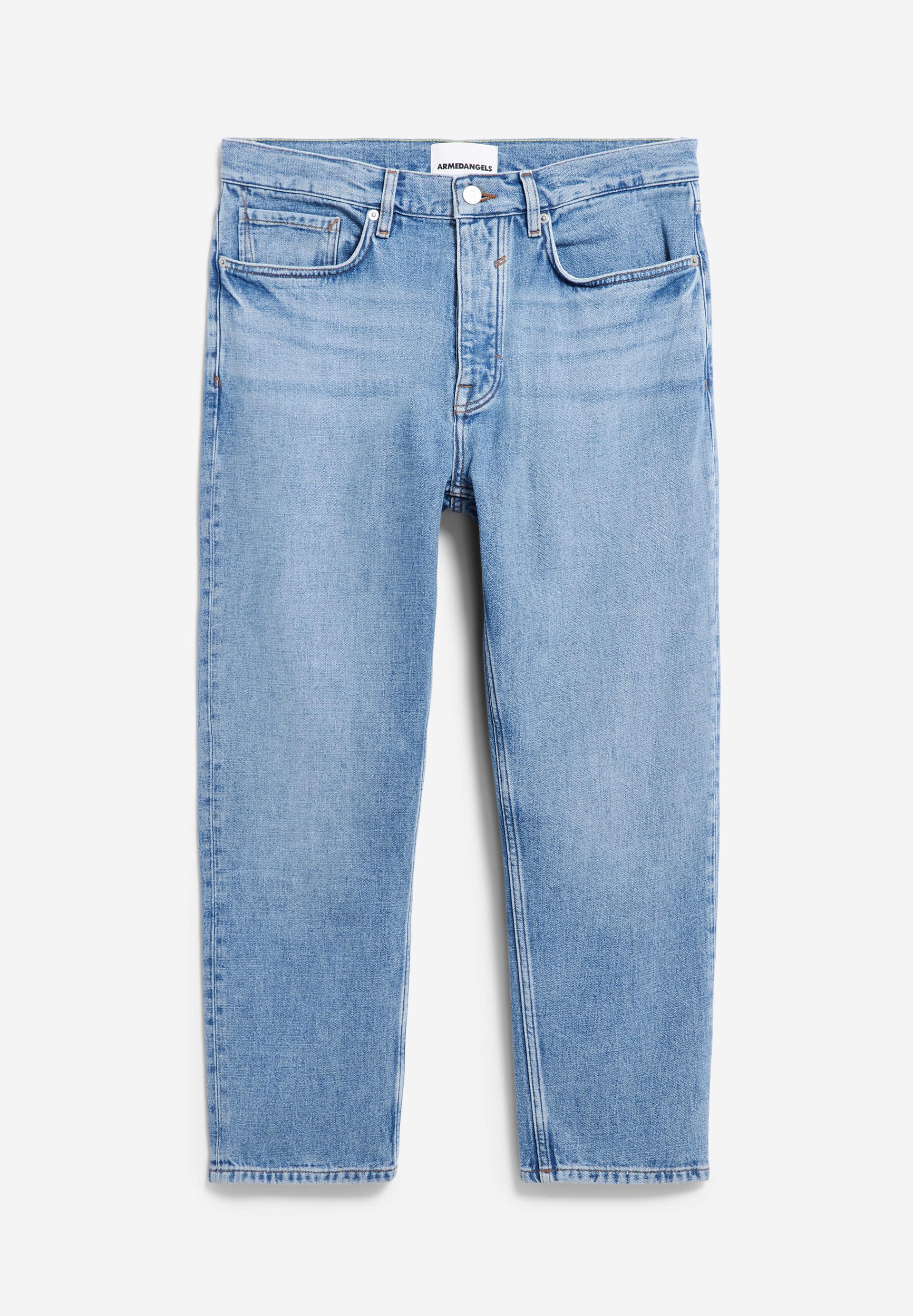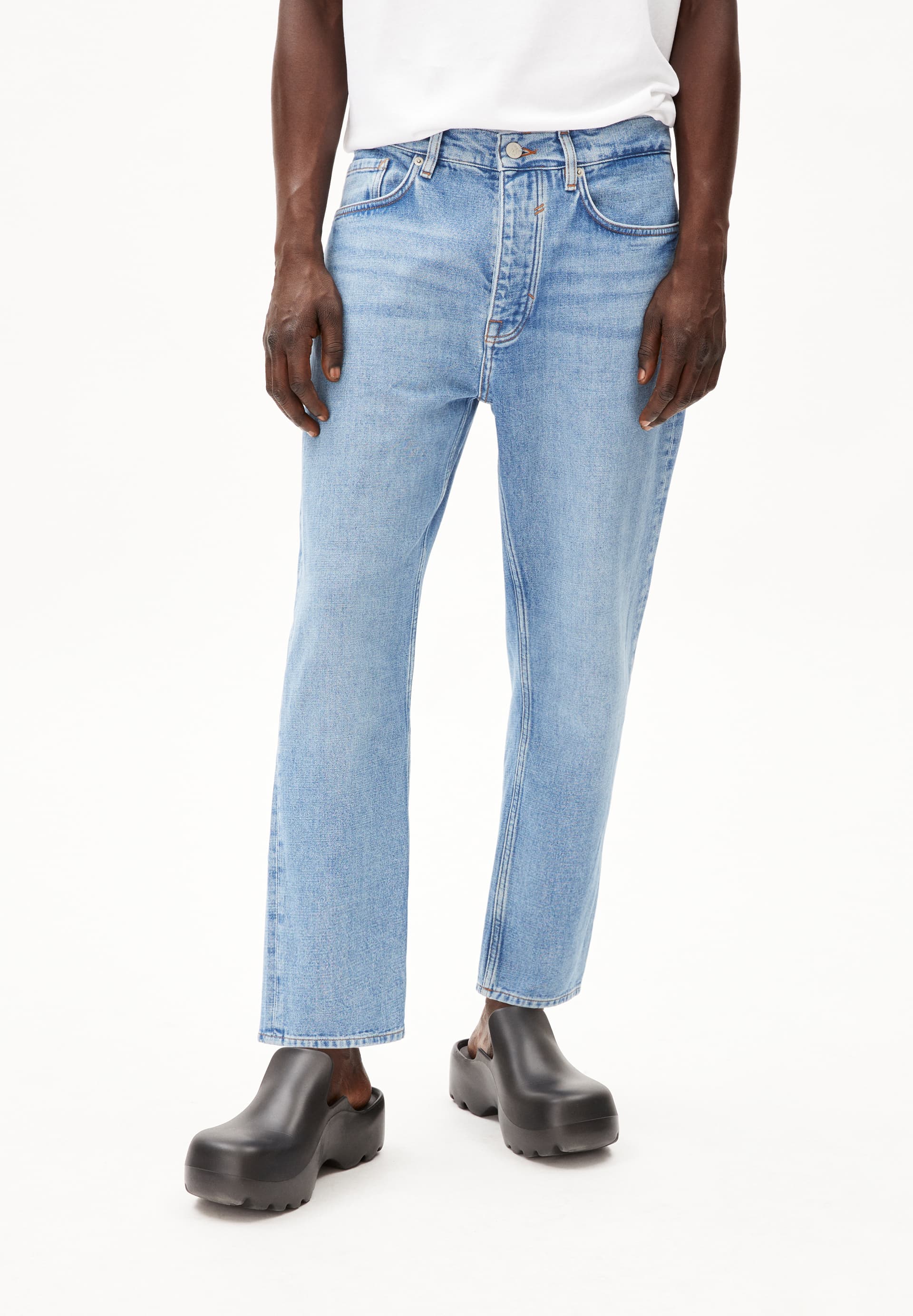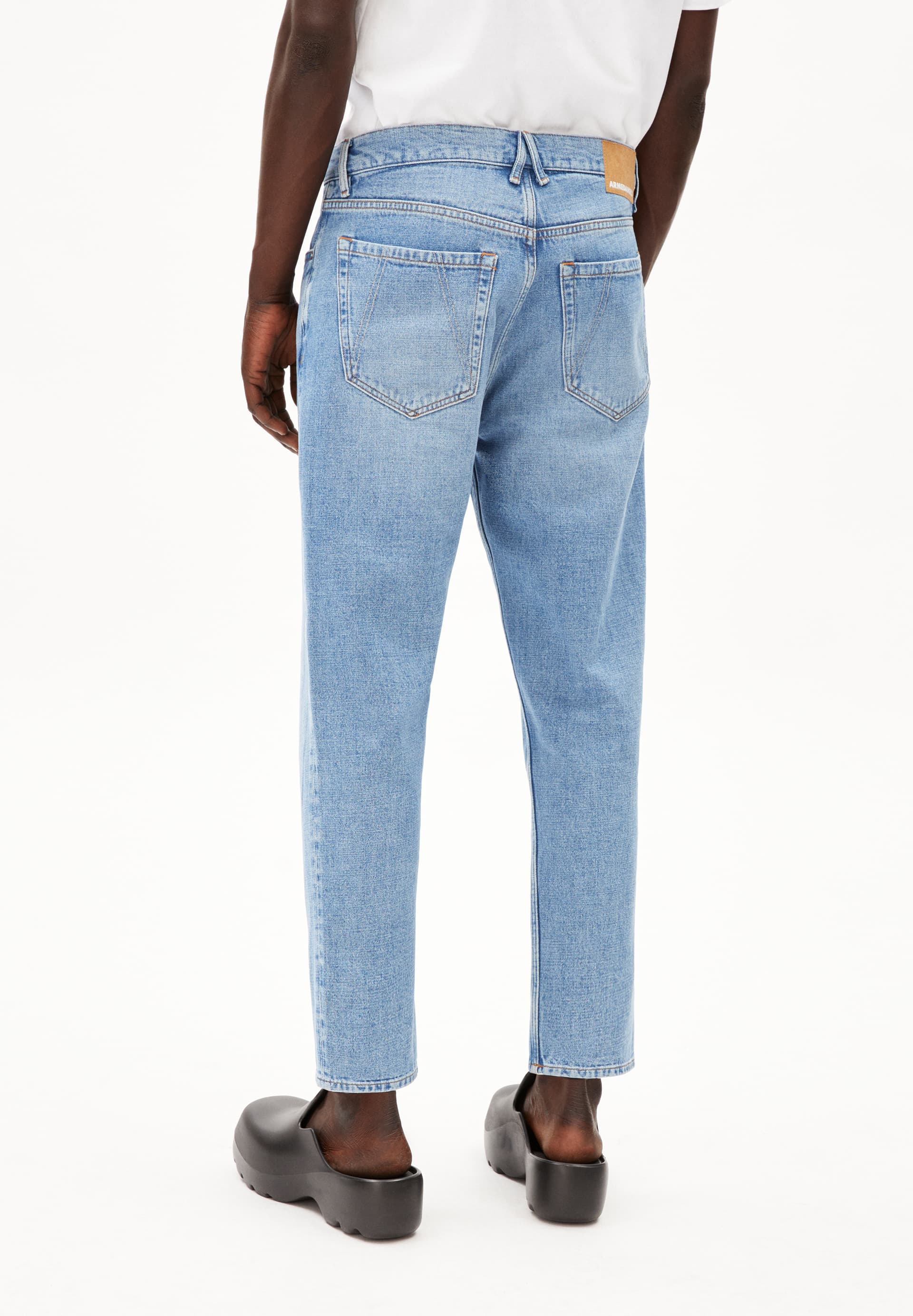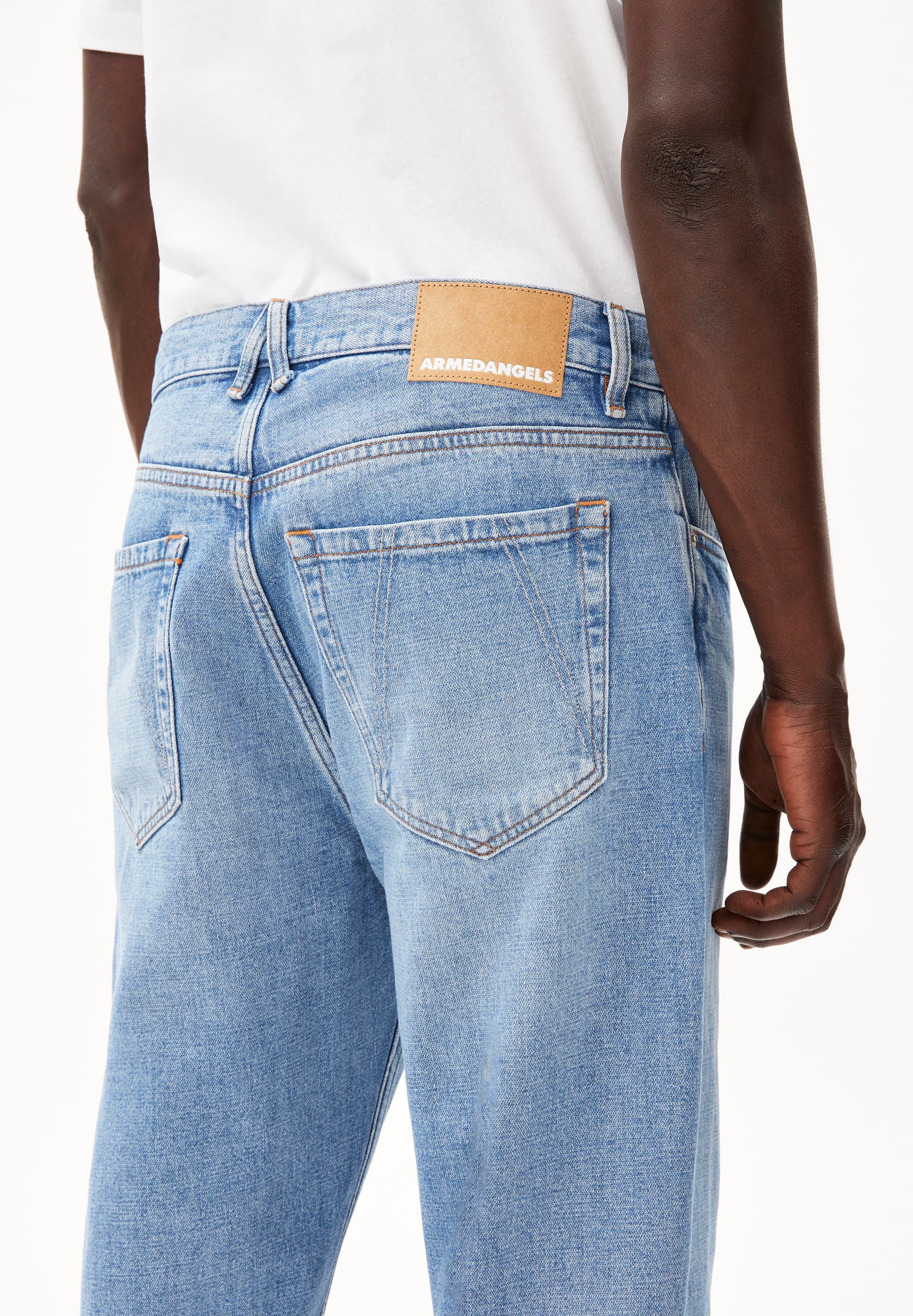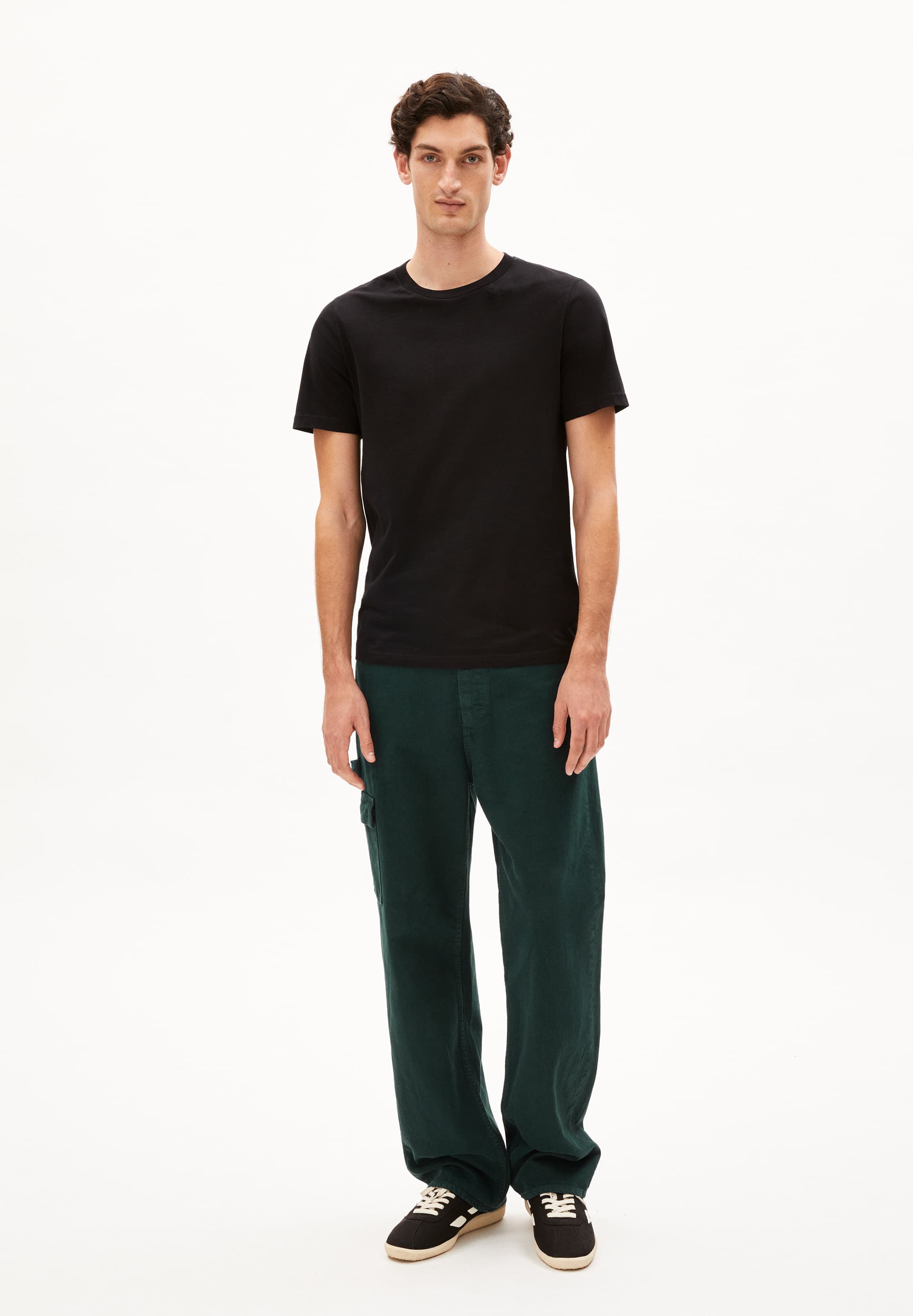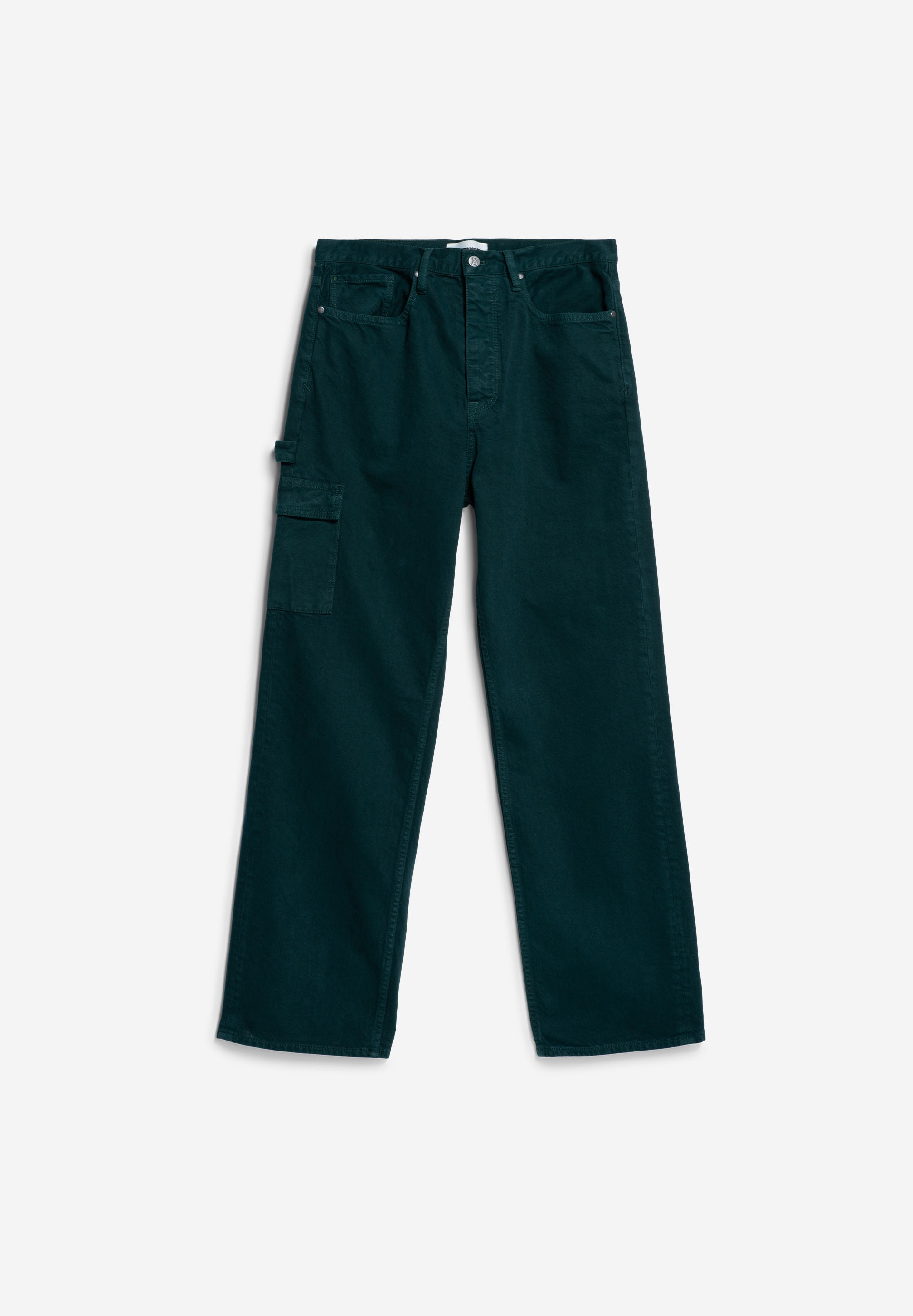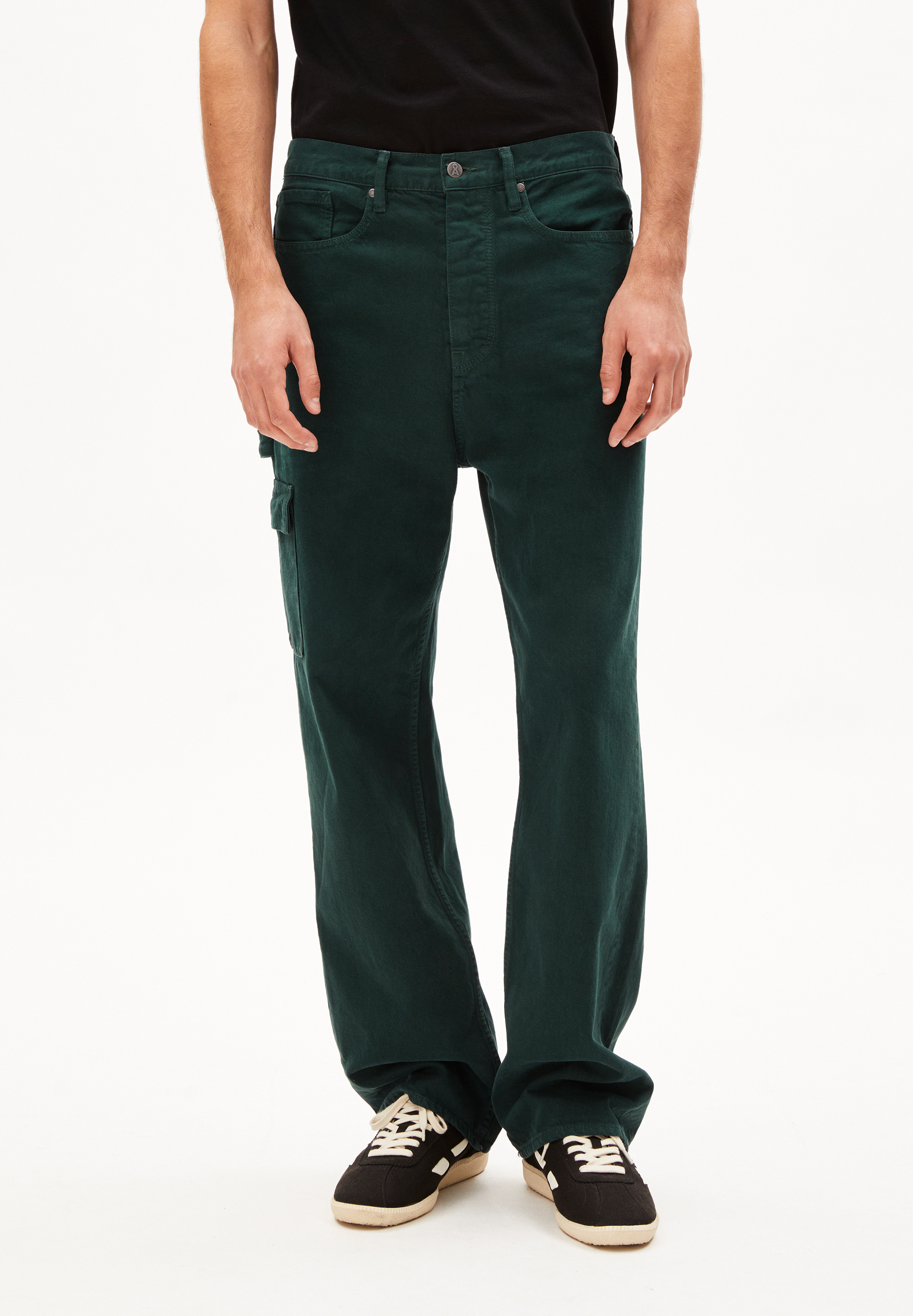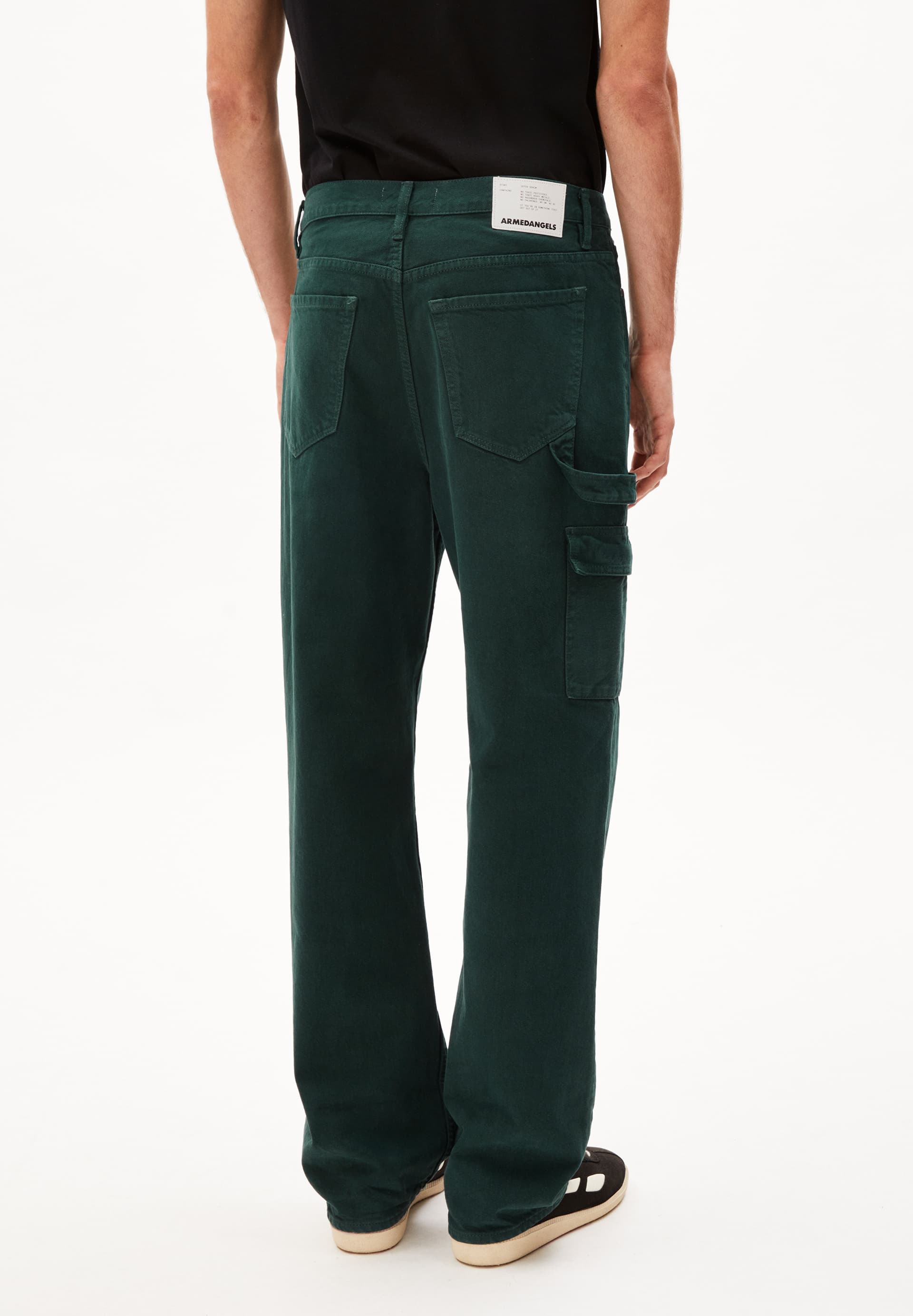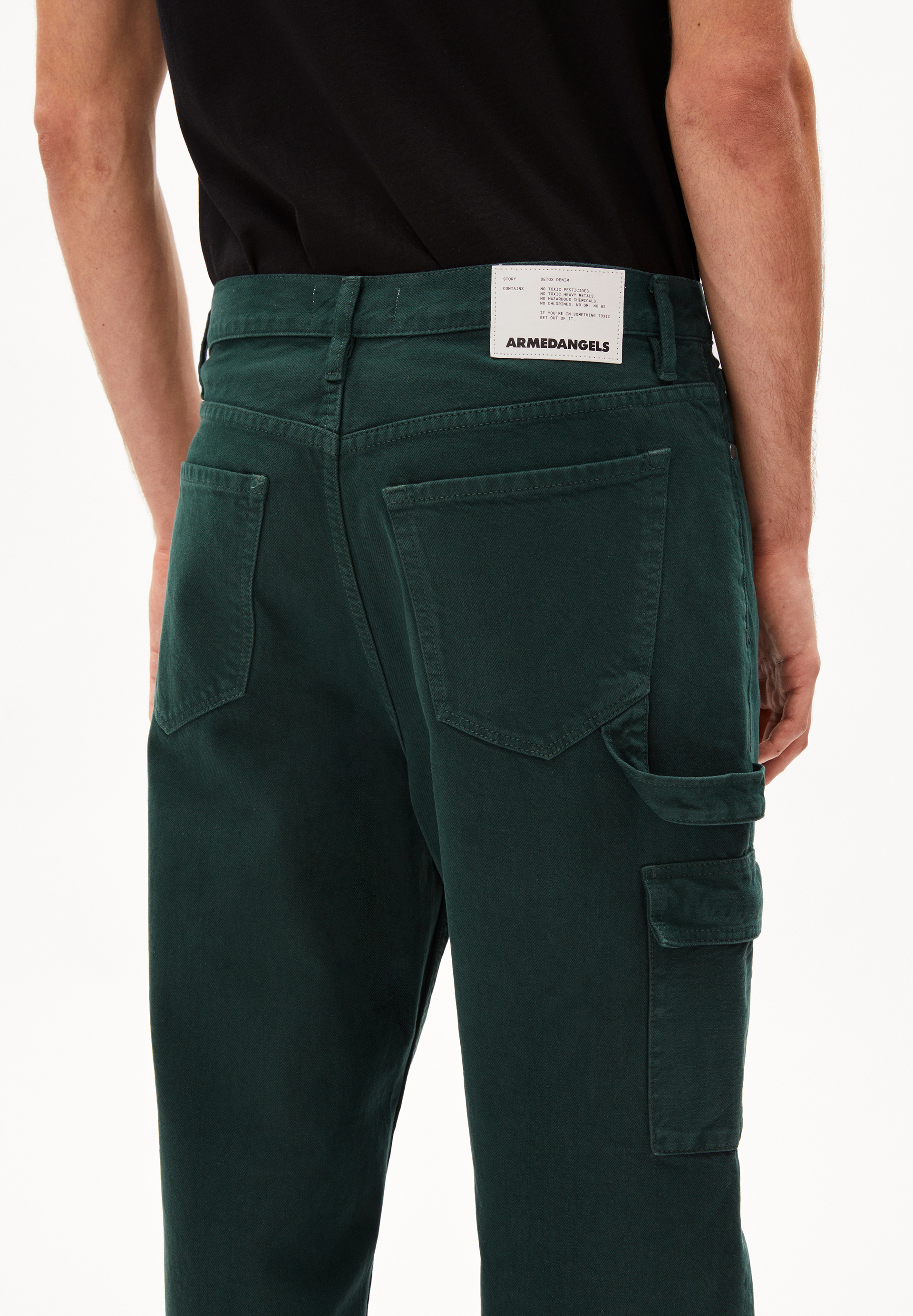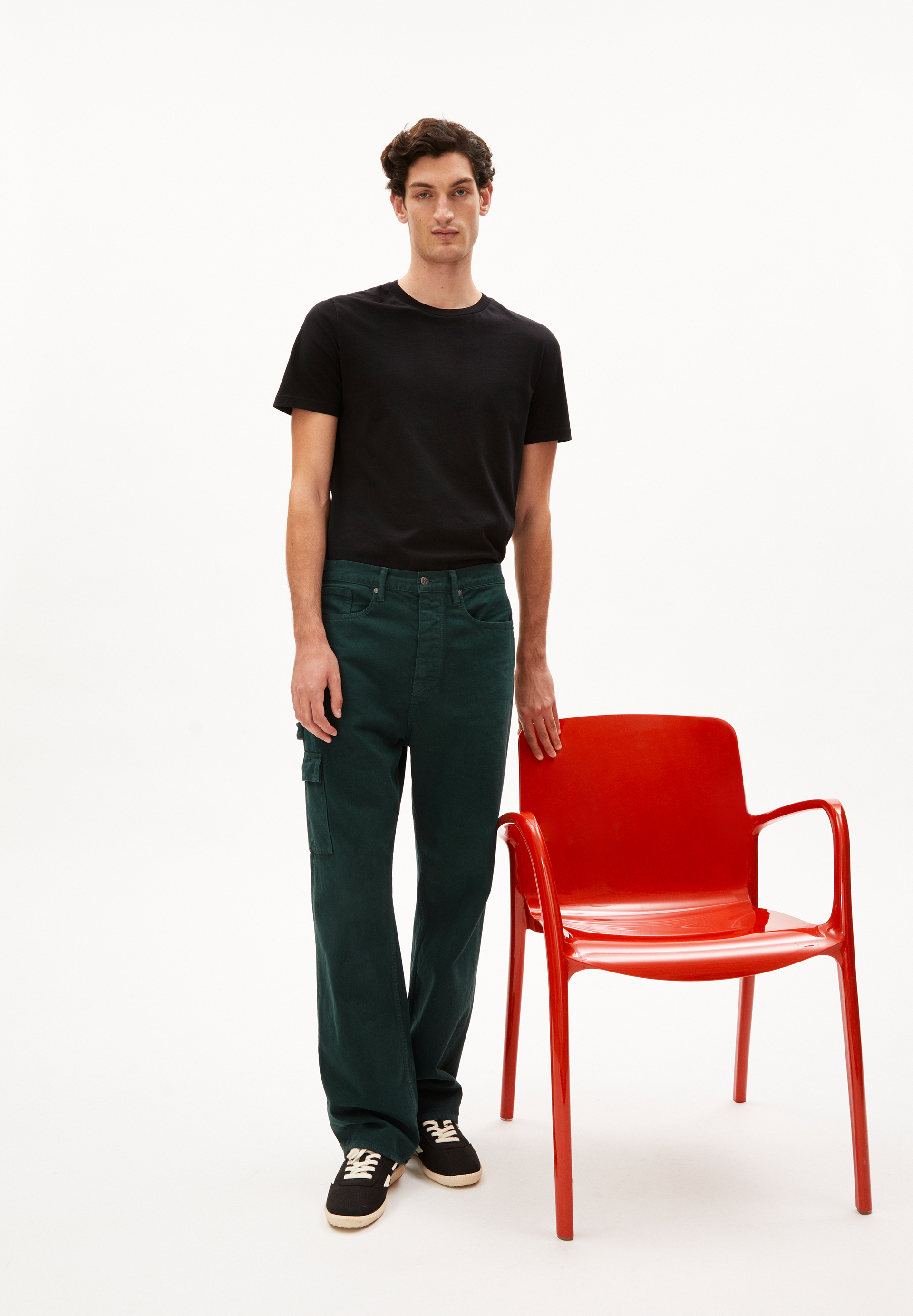Der Komfort der Loose Fit Jeans
Loose Jeans sind für Herren praktisch, komfortabel und vielseitig. Sie sind perfekt für den Alltag, für das Büro oder für besondere Anlässe. Sie können mit fast allem kombiniert werden, von T-Shirts und Sneakers bis hin zu Hemden und Anzugschuhen.
Loose Fit Jeans sind auch ein Ausdruck von Individualität. Sie ermöglichen es dir, deinen eigenen Stil zu kreieren und sich auszudrücken. Sie sind nicht nur ein Kleidungsstück, sie sind ein Teil deiner Persönlichkeit. Außerdem sind Loose Fit Jeans unglaublich bequem. Sie bieten mehr Bewegungsfreiheit und lassen die Haut atmen. Sie sind ideal für lange Tage oder Reisen, da sie nicht einschränken oder reiben.
Die Vielseitigkeit der lockeren Jeans geht über das Styling hinaus. Sie sind auch für jede Jahreszeit geeignet. Sie können im Sommer mit einem leichten Top und offenen Schuhen getragen werden, oder im Winter mit einem warmen Alpaka-Pullover und Stiefeln.
Der Vorteil der Loose Jeans für Herren im Vergleich
Es gibt viele verschiedene Stile von Jeans, aber keiner ist wie die Loose Fit Jeans. Im Vergleich zu anderen Stilen bieten sie mehr Komfort, Vielseitigkeit und Freiheit.
Im Vergleich zu Slim Fit Jeans, die enger anliegen und die Bewegungsfreiheit einschränken können, sind lockere Jeans bequemer und leichter zu tragen. Es ist auch weniger wahrscheinlich, dass sie reiben oder drücken, was sie zu einer idealen Wahl für lange Tage oder Reisen macht.
Im Vergleich zu Straight Fit Jeans, die gleichmäßig von der Hüfte bis zum Knöchel fallen, haben lockere Jeans mehr Raum. Sie sind auch lässiger und weniger formell, was sie zu einer tollen Wahl für den Alltag oder lässige Anlässe macht.
Wie man Loose Fit Jeans stylt
Loose Jeans für Herren sind auch unglaublich vielseitig. Sie können mit fast allem in deinem Kleiderschrank kombiniert werden. Sie können mit einem T-Shirt und Sneakers getragen werden, oder mit einem Hemd und Anzugschuhen.
Für einen lässigen Look kannst du deine Loose Fit Jeans mit einem T-Shirt und Sneakers kombinieren. Füge eine Kappe oder Mütze und eine Sonnenbrille für einen coolen und entspannten Look hinzu.
Für einen eleganten Look kannst du deine Jeans mit einem Hemd und eleganten Schuhen kombinieren. Nehme noch einen Mantel und die passenden Accessoires dazu, um einen stilvollen Look zu kreieren.
